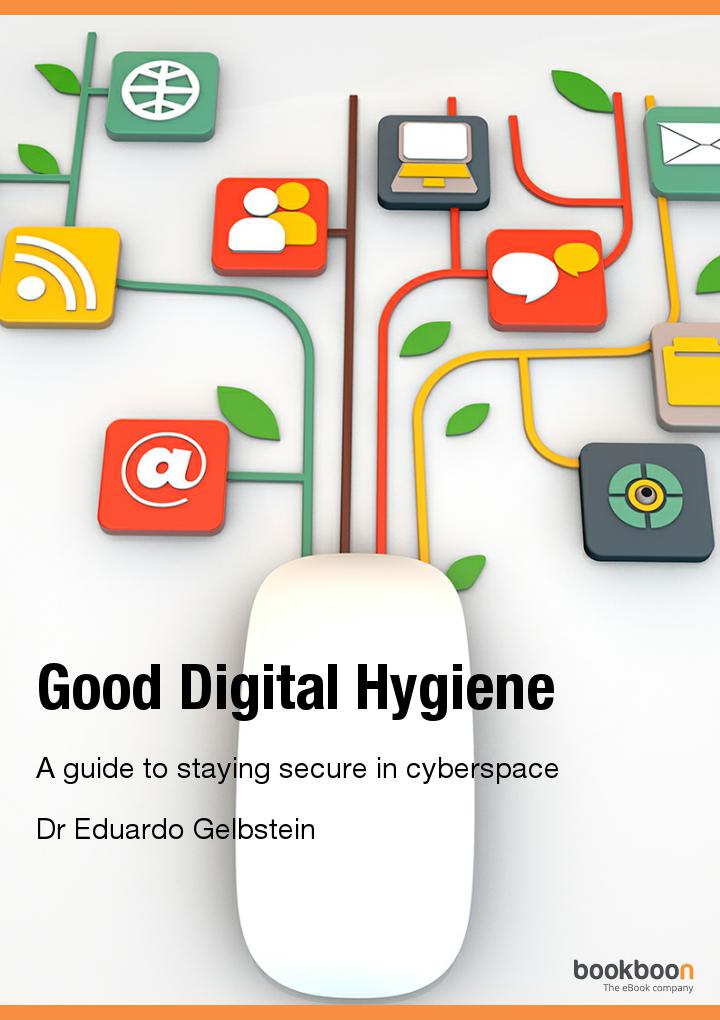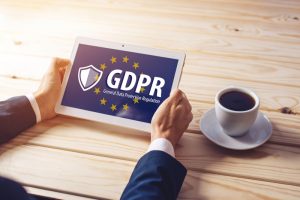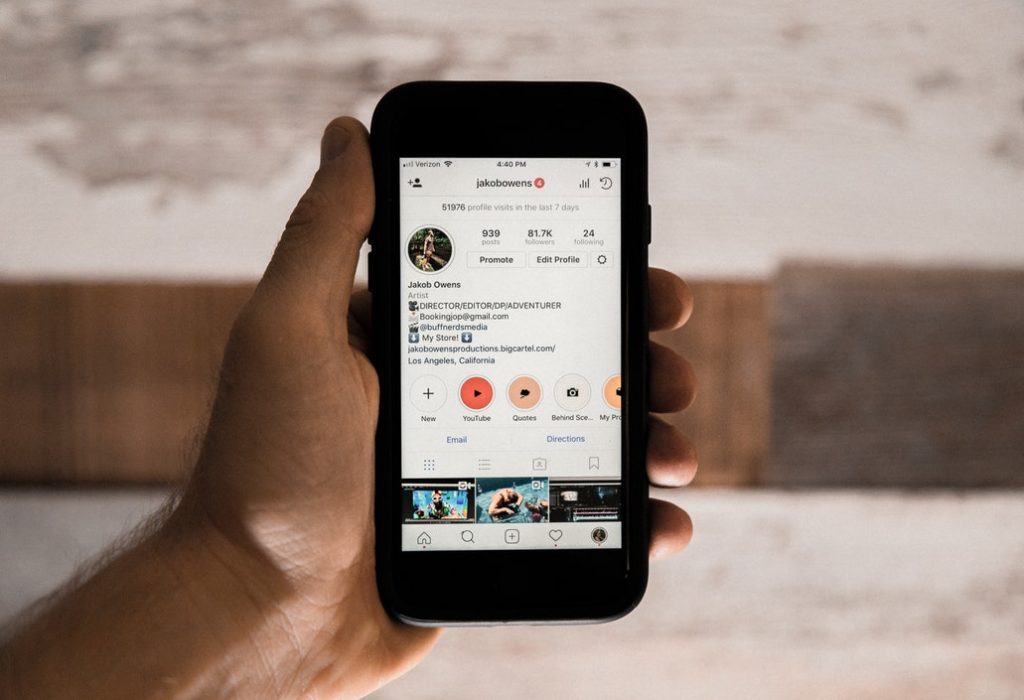Data privacy scandal and the #DeleteFacebook campaign

 Probably a few of you may not have heard about the #DeleteFacebook campaign that has been trending on every social media in the last few days.
Probably a few of you may not have heard about the #DeleteFacebook campaign that has been trending on every social media in the last few days.
Facebook had more than $50Bn wiped out from the stock market as the news spread about the data scandal their name got involved in with another company leading this called Cambridge Analytica.
The crux of the story is – Cambridge Analytica (CA) were involved with harvesting information on millions of Facebook profiles without user’s knowledge or consent. This information contained status updates, likes, profile content, their friend’s profile pages, etc. That information was then used to develop a propaganda message that would influence users’ perception to different political views. This is similar to micro targeting with various political messages so they vote for Trump for example or they believe Trump is a better candidate than others.
The company Cambridge Analytica may have possibly influenced more than 200 elections worldwide and there have been allegations that they may have also been involved with the Brexit campaign. Though all these allegations are unfounded and the CA business owners claim it to be untrue at this moment. They are being investigated both the sides of the Atlantic.
With this as the context, have you thought about how your information that you share on Facebook can be used? A campaign to #DeleteFacebook has been trending on many social media websites like Twitter. Personally, I don’t think it will be viable for a lot of people. It will definitely lead to bringing in new regulations governing these social media companies though. Either way, it’s right time you take control of your information…
Facebook and other social media make billions in profits from our data. And that is why they can keep it free to use. Always remember – You are not the customer, you are “The Product”. They exist so they can learn more from you about you and use that information to sell you or influence you or sell that information to others and monetise it.
“Anything that you put on social media may follow you forever even if you delete as it gets stored somewhere”.
If you want perfect privacy, then you want to stay away from social media – which is not possible for most of you because many of us use it for our business, work, keeping in touch with family & friends, etc.
So what can you do? Few tips to stay safe on data privacy:
- Review your privacy settings often – Facebook and other social media may change their privacy policies which may affect your privacy settings. Something which was private yesterday may not be anymore and shared with others that you didn’t intend to. Disable location tracking if you don’t intend to share your location with others.
- Know who you are connected with on social media – Do you really know all of your 1000 friends? Most of us at least a few fake friends, who’ve never met or we don’t recognise. You never know their agenda of connecting with you so take time in removing those unknown friends you may have connected a few years ago only to increase your friend count. Confirm they are who they say they are before you connect with them so you have only genuine friends on your list.
- Delete or disconnect Third party apps not in use – How many times have you received a request to play games or connected another app with Facebook? And you’ve never given it a thought before installing that game or application on your Facebook profile. Or even worse installed something to take part in a competition for a free iPad or iPhone. These third party apps are a major culprit of capturing your information sometimes without your knowledge. They may take a lot more information than you would want to share with them. Most of the times, these third party apps ask access to your contacts, friends, pictures, location, etc. Be wary of installing applications that seem to be looking for a lot of information about you. There is a reason why these are free as they look to make money from what they know about you.
- Delete Cookies often or automatically – Cookies are small files that get stored on your computer when you visit any websites. Many times websites place cookies to understand more about your interests on their website by tracking browsing habits and some can even track you on other websites. This is the reason you may see shoe adverts on every other website you visit that you were just looking to buy on Debenhams website but decided not to. Deleting cookies on your browser can remove your history or use Private mode to stop those tracking cookies. Most browsers allow you to set automatically delete cookies when you close browser every time. Look up for those settings in your browser Privacy options.
- Read Privacy notices when you install any apps or games – I know no one likes to read boring policies. But they may give you an idea of what other information the app may use or collect, how it may use and who they share with. It will give you an idea whether it’s a good idea to install that application on your Facebook or other social media.
This is just a starter for improving your data privacy! Let me know your suggestions in the comments that you have been using and has been effective.
Let’s do use the social media but a bit more carefully… Don’t forget to read my other article on Data Privacy here.
This blog post was written by GDPR specialist Tarun Samtani. Tarun is currently writing a Bookboon e-book on cybersecurity which will be out soon.
Would you like to read more about best practices in digital hygiene? Download our FREE e-book “Good Digital Hygiene” by Dr Eduardo Gelbstein.
About the author of this article:
Tarun Samtani is a Cyber Security and Data protection practitioner helping SME’s and leading businesses build capability to deal with today’s challenges of increasing cybercrime and new data protection regulation. He has addressed global audiences at various conferences across Europe on these topics. Connect with him on LinkedIn or follow him on Twitter to learn more on cybersecurity and data protection topics. His eBook on cybersecurity will be released on Bookboon later this year.




